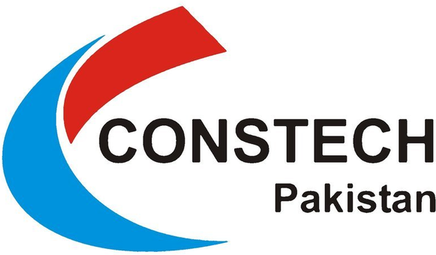ISO 9001 is an internationally recognized standard for quality management systems (QMS). Developed and published by the International Organization for Standardization (ISO), ISO 9001 provides a framework for organizations to establish, implement, maintain, and continually improve their quality management processes. Key principles of ISO 9001 include a strong customer focus, involvement of top management, a process approach, and a commitment to continual improvement. The standard is applicable to any organization, regardless of its size, industry, or the nature of its products or services.
Here are some key elements and principles of ISO 9001:
Customer Focus: Organizations adopting ISO 9001 prioritize meeting customer requirements and enhancing customer satisfaction. Understanding and fulfilling customer needs are fundamental aspects of the standard.
Process Approach: ISO 9001 encourages organizations to view their activities as processes interconnected within a system. This helps in understanding, managing, and improving the overall effectiveness of the organization.
Continual Improvement: A core principle of ISO 9001 is the commitment to continual improvement. Organizations are expected to regularly assess their processes, identify areas for improvement, and implement changes to enhance overall performance.
Risk-Based Thinking: ISO 9001 emphasizes the identification and management of risks and opportunities within the quality management system. This proactive approach helps organizations address potential issues before they become significant problems.
Involvement of People: The standard recognizes the importance of engaging and empowering all levels of employees. Involving people in the QMS fosters a sense of responsibility and ownership.
Leadership: Top management is expected to demonstrate leadership and commitment to the QMS. This includes ensuring that the QMS is aligned with the organization’s strategic goals.
Evidence-Based Decision Making: ISO 9001 promotes decision-making based on the analysis of data and information. This ensures that organizations make informed decisions to enhance performance.
Organizations that achieve ISO 9001 certification undergo a formal auditing and certification process conducted by accredited certification bodies. Certification provides external validation that the organization’s quality management system complies with the requirements of ISO 9001. ISO 9001 is widely adopted across various industries globally, serving as a benchmark for organizations committed to delivering high-quality products and services while maintaining a focus on continual improvement and customer satisfaction.
